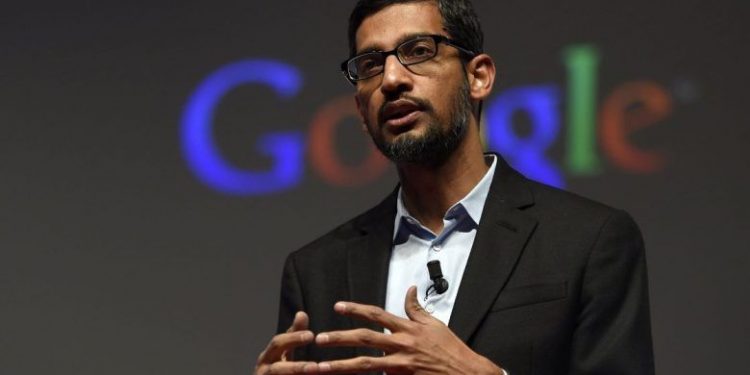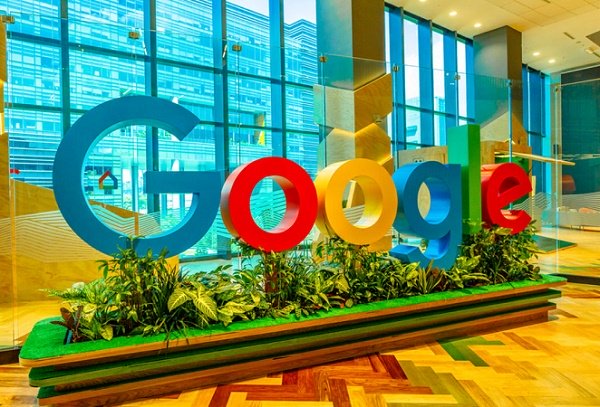Sundar Pichai, CEO of Google and Alphabet, has forecasted a deceleration in groundbreaking generative AI advancements by 2025, as the technology moves beyond its initial transformative phase. Speaking at the New York Times DealBook Summit, Pichai remarked that the rapid strides seen in recent years may give way to slower, incremental progress.
“I think the progress is going to get harder. When I look at [2025], the low-hanging fruit is gone,” Pichai stated, emphasizing the growing challenges in AI development. He noted that the industry now faces a steeper hill to climb, requiring deeper breakthroughs to push the technology into its next evolutionary stage.
While models like ChatGPT, Google’s Gemini, and Meta’s Llama continue to improve, Pichai predicts these advancements will focus on refining capabilities such as reasoning and sequence reliability, making AI more practical for a wider range of applications. However, despite the enthusiasm around generative AI, its profitability remains largely untapped.
A Goldman Sachs report estimates that investments in AI could surpass $1 trillion in the coming years, yet Pichai cautioned that significant financial returns from the technology are yet to materialize.
Microsoft CEO Satya Nadella echoed a similar sentiment, comparing AI’s trajectory to the Industrial Revolution. “Seventy years of the Industrial Revolution, there wasn’t much industry growth, and then it took off … it’s never going to be linear,” Nadella noted.
Conversely, not all tech leaders share this measured outlook. OpenAI CEO Sam Altman dismissed concerns of stagnation, stating simply on X (formerly Twitter), “There is no wall.” Altman’s remark countered criticism that generative AI models, such as ChatGPT-4, are only marginally improving over their predece.
Although transformative breakthroughs may slow, Pichai remains optimistic about AI’s long-term impact. He highlighted its potential to democratize skills and opportunities, predicting that by 2034, millions more people will have access to tools like computer programming, fundamentally reshaping industries.
Yet, challenges remain. A study titled The AI Adoption Gap and Consumer Needs by KS&R reveals that consumer hesitation toward AI-enabled products persists. Of 500 surveyed participants, 49% were unlikely to purchase generative AI products, with only 15% expressing interest. Distrust of the technology, cited by 22% of respondents, remains a key barrier, alongside a lack of awareness about its capabilities and perceived necessity.
While the generative AI landscape may not see radical transformations in 2025, steady advancements are expected to expand its utility, particularly in areas like automation and skill accessibility. Industry leaders agree that while the journey may not be linear, the long-term potential of AI to transform economies and societies is undeniable.










